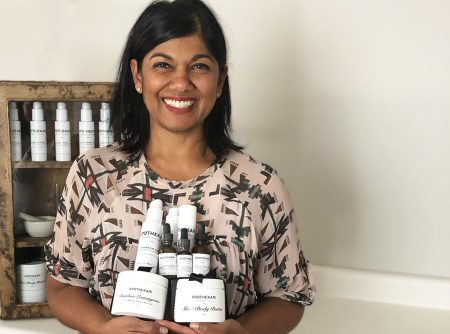Nutricosmetics, a new entrant in the field of dietary supplements, is starting to create waves. Appealing to the “Beauty comes from within” crowd, these internally ingested products, often sold in the form of pills and beverages, are designed to deliver beauty and healthy aging benefits with a particular emphasis on skin, hair and nails.
It’s primarily women over the age of 35 embracing the nutricosmetic movement, yet younger women and more men are jumping on board as well. While topical skin care products such as lotions and creams have long been the norm, consumers are becoming more aware of and more interested in products that promote beauty from within. Much of this is part of the movement towards a more ‘natural’ approach to skincare, which includes a range of nutrients that contribute to overall wellness and play a role in promoting a healthy appearance of the skin, including: vitamins A, B, C and E; minerals such as chromium, copper, selenium and zinc; herbs/botanicals like aloe vera; as well as essential fatty acids, antioxidants/carotenoids, CoQ10, collagen and others.
Nutricosmetics are particularly popular in Asia and Europe where they have been embraced to help prevent premature skin aging, along with a general preference for natural, safe and effective beauty solutions. They often come with high price tags and many, with little evidence to support the claims. Although regulated by many Federal bodies to some extent, the standards governing nutricosmetics are fluid and tend to be less stringent when it comes to claims that do not inherently involve a high risk to health. A product promoting healthy skin doesn’t necessarily invite the same level of scrutiny as, for example, a supplement that claims to kill cancer cells. Evaluating the efficacy of beauty supplements is the sole responsibility of the manufacturers themselves and not all claims are supported by independent, reliable studies.
Most medical practitioners maintain that a diet filled with fruits and vegetables, lean proteins and healthy fats and low in processed foods and sugars is good for the body AND for the skin. However, dietary supplementation and fortified foods and beverages can help to make up for deficient diets. Vitamin A is essential for the maintenance and repair of normal skin tissue and is a potent antioxidant that helps neutralize damaging free radicals.
Vitamin C, or ascorbic acid, is essential for the manufacture of collagen, the protein that makes up cartilage, tendons and other connective tissue, including the skin. It also protects cellular structures, including DNA, from damage. There is also evidence suggesting vitamins C and E work synergistically, increasing each other’s effects and together increasing antioxidant activity.
I have yet to see any compelling research regarding the benefits of nutricosmetics and it’s no secret that no matter how many supplements you consume, only a small fraction will benefit the skin.
Until more rigorous studies are done, I’m going to be giving them a miss. What is your take on nutricosmetics?







